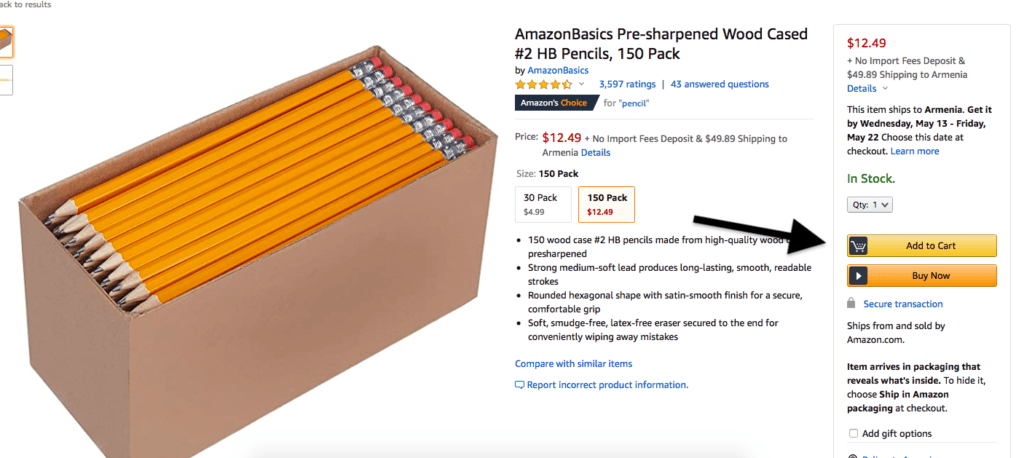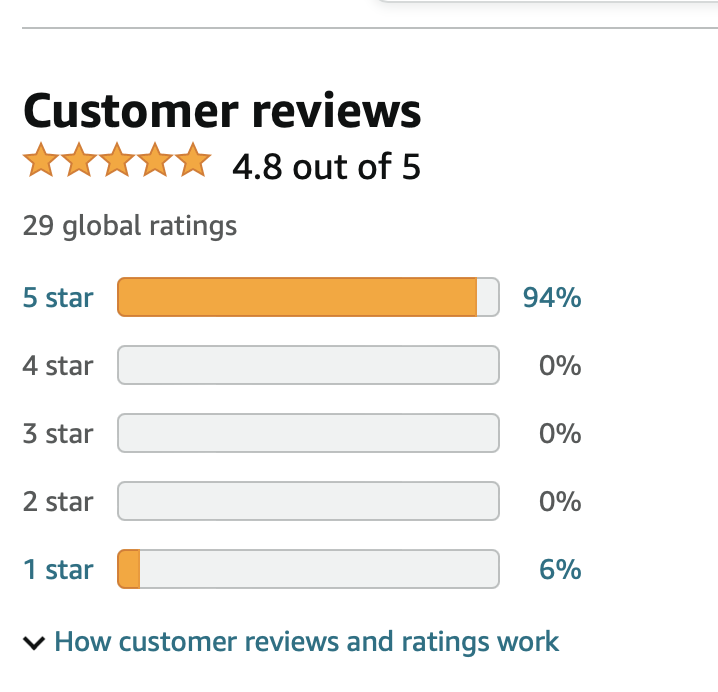In the ever-expanding world of e-commerce, Amazon reigns supreme as the largest online marketplace, boasting over 200 million unique visitors each month. With such a vast customer base, it’s no wonder that countless sellers flock to the platform in pursuit of success. However, the sheer size and diversity of Amazon’s marketplace mean that competition is fierce. To thrive in this dynamic environment, sellers must equip themselves with the knowledge and tools necessary to gain a competitive edge. This is where competitive analysis comes into play.
Competitive analysis is the art of dissecting your competitors’ strategies, understanding market dynamics, and leveraging this knowledge to make informed decisions that propel your business forward. In this blog post, we’ll embark on a deep dive into the world of competitive analysis for Amazon sellers, exploring the why, how, and what of this essential e-commerce strategy.

Why competitive analysis matters
Competitive analysis is not a luxury; it’s a necessity for Amazon sellers. Here are a few compelling reasons why:
Identifying market trends
By studying your competitors, you can gain insights into emerging market trends and shifting consumer preferences. This knowledge can guide your product selection and marketing strategies.
Optimizing pricing strategies
Understanding your competitors’ pricing strategies allows you to position your products competitively. You can adjust your pricing to either undercut the competition or offer premium value, depending on your brand positioning.
Enhancing product listings
Analyzing your competitors’ product listings helps you identify content gaps, such as missing keywords or compelling product descriptions. This can improve your product’s discoverability and appeal to potential buyers.
Uncovering advertising insights
Competitive analysis can reveal which keywords and ad campaigns are driving the most traffic and sales for your competitors. You can use this information to refine your Amazon Advertising strategies.
How to conduct competitive analysis
Now that we understand the importance of competitive analysis, let’s delve into the steps to effectively conduct it:
Identify Your Competitors
Begin by identifying your primary competitors on Amazon. These are sellers offering similar products within your niche. Use Amazon’s search function and explore product listings to find them.
Analyze product listings

Carefully review your competitors’ product listings. Pay attention to their product titles, descriptions, bullet points, and images. Note any unique selling points they emphasize and assess how well they showcase their products.
Pricing analysis
Compare the pricing of your competitors’ products to yours. Take into account any discounts, promotions, or bundles they offer. Determine whether you can adjust your pricing strategy to gain a competitive advantage.
Keyword research
Utilize keyword research tools to discover the keywords your competitors are targeting in their listings and ads. Incorporate relevant high-ranking keywords into your own product listings and advertising campaigns.
Customer reviews

Analyze customer reviews and ratings for your competitors’ products. Identify common pain points or areas where customers express dissatisfaction. Use this information to improve your product or customer service.
Track sales and performance
Keep an eye on your competitors’ sales rankings and performance over time. Tools like Jungle Scout or Helium 10 can provide valuable data on sales estimates, trends, and historical performance.
Staying ethical in competitive analysis
While competitive analysis is a valuable strategy, it’s important to maintain ethical boundaries. Here are some ethical guidelines to follow:
Respect intellectual property
Avoid copying your competitors’ intellectual property, including copyrighted images, trademarks, and unique product designs.
Avoid false reviews
Never engage in unethical practices like leaving fake negative reviews on competitors’ products. Amazon has strict policies against this.
Respect privacy
Be mindful of privacy concerns when collecting data about competitors. Don’t engage in unauthorized data scraping or hacking.
Leveraging competitive analysis for success
The analysis is not a one-time task but an ongoing process. Here’s how to leverage the insights gained for long-term success:
- Iterate and Improve: Continuously update your product listings, pricing, and marketing strategies based on the insights gained from competitive analysis.
- Monitor Competitors: Keep a close watch on your competitors’ moves. New product launches, pricing changes, and marketing campaigns can impact your strategy.
- Experiment and Innovate: Use the knowledge you’ve gained to experiment with new approaches and innovations. Stay ahead of the curve by adapting to evolving market trends.
- Build Your Brand: While competitive analysis is crucial, don’t forget to build your brand identity. A strong brand can help you stand out in a crowded marketplace.
Conclusion
In the fiercely competitive world of Amazon selling, staying ahead requires more than just listing products and hoping for the best. Competitive analysis is the compass that guides you through the intricate terrain of the marketplace, helping you make informed decisions, optimize your strategies, and ultimately crush the competition.
By understanding why competitive analysis matters, mastering the techniques to conduct it effectively, and adhering to ethical principles, Amazon sellers can unlock a world of opportunities. Armed with insights into market trends, pricing strategies, keyword optimization, and customer preferences, you can position your business for long-term success on the world’s largest online marketplace. So, don’t just sell on Amazon—strategize, analyze, and conquer.
0

